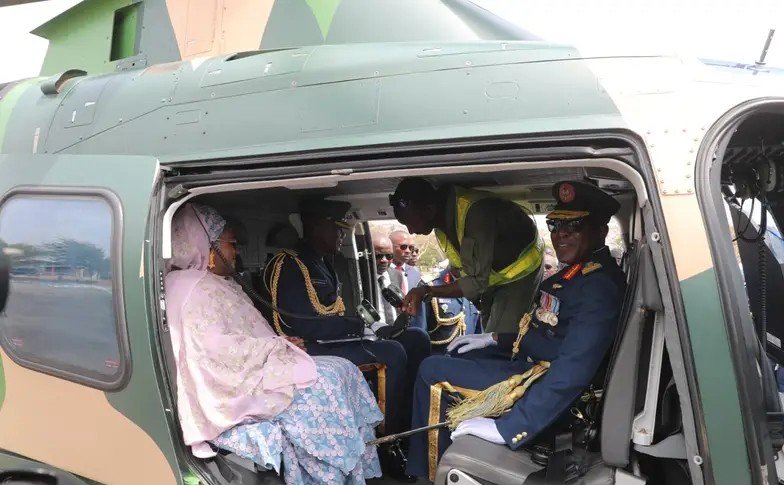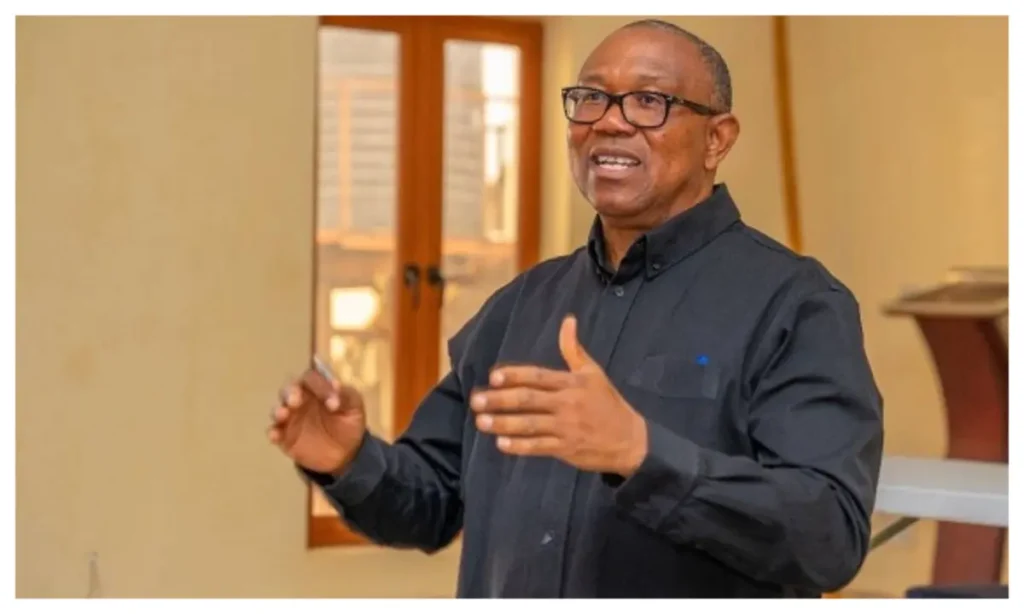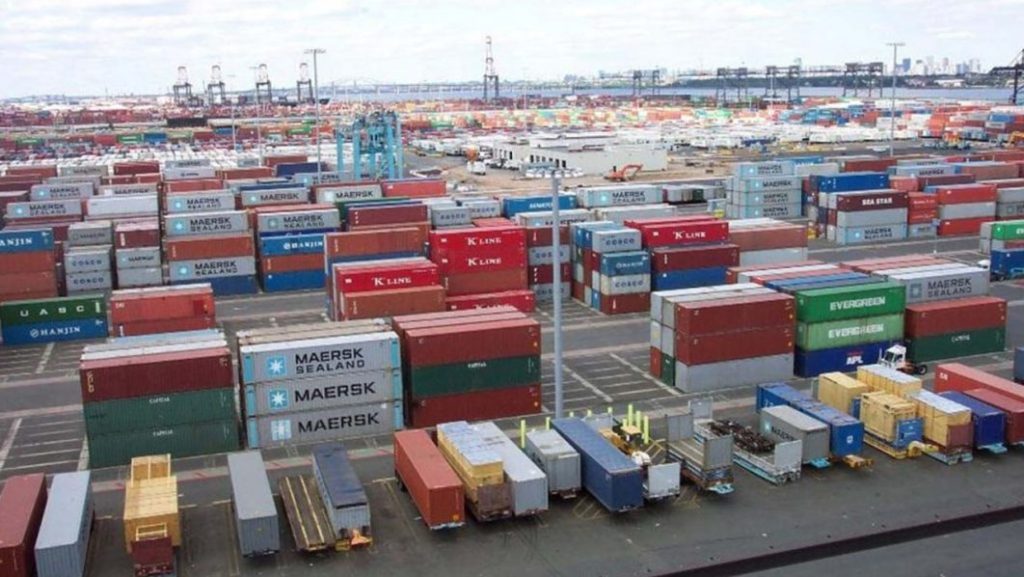South Africa launched a nationwide dialogue initiative on Friday, bringing together citizens, political groups, and civil organizations to confront systemic issues such as poverty, unemployment, and inequality, three decades after the end of apartheid. The initiative, spearheaded by President Cyril Ramaphosa, responds to growing demands for collective action following the African National Congress’s (ANC) historic loss of its parliamentary majority in May’s elections, which forced the country into a coalition government for the first time since democratic rule began in 1994.
The two-day opening convention in Pretoria marks the start of a multi-phase process, with plans for public forums across all nine provinces and virtual participation to amplify diverse voices. Ramaphosa has emphasized inclusivity, appointing a 20-member Eminent Persons Group featuring prominent figures like rugby captain Siya Kolisi, actor John Kani, and retired judge Edwin Cameron to steer discussions. “This must be a people-led process to reimagine our future,” he said during June’s announcement.
Critics question the initiative’s viability. The Democratic Alliance (DA), part of the ruling coalition, withdrew from talks after clashing with the ANC over the dismissal of its deputy minister and labeled the dialogue a “waste of public funds.” The uMkhonto weSizwe Party (MK Party), the official opposition, also refuses to participate, while several civil society groups skipped this week’s kickoff over logistical concerns.
Debates over the project’s estimated $40 million price tag persist. Ramaphosa’s office disputes the figure, though analysts like University of Pretoria political scientist Dirk Kotze argue large-scale consultations inevitably require significant investment. “A real nationwide process costs money—it’s unavoidable,” Kotze noted. However, opposition parties accuse the ANC of using the platform to campaign ahead of 2025 local elections, urging the party to “step back” from controlling the dialogue.
South Africa’s challenges—including a 30% unemployment rate and persistent racial disparities—underscore the urgency of the talks. While past national dialogues, such as the 1990s negotiations to end apartheid, yielded transformative outcomes, skepticism remains about translating discussions into tangible reforms. Future phases, including a potential 2025 summit, will test whether this initiative can bridge divides or deepen existing political fractures.



